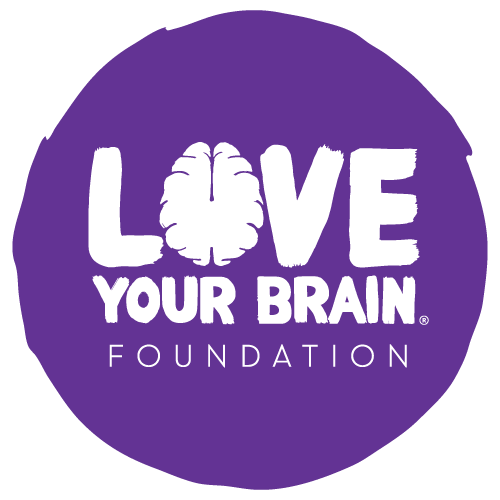Clinical Affiliate Spotlight
We’re excited to celebrate our Clinical Affiliate, Zuckerberg San Francisco General Hospital who recently launched their LYB Yoga Program online for their Spanish-speaking community. This is the first time the LYB Yoga Program has been offered in a language other than English, and is a great example of how to increase accessibility to yoga-based tools after brain injury, while fostering a greater sense of belonging for those in the TBI community. Our Manager of Clinical Affiliate Program, Jackie Farrell, chatted with clinicians Jo ellen Brainin Rodriguez, Michele Diaz, and Kerry Kulstad-Thomas to learn more!
Questions provided by Jackie Farrell, Manager of Clinical Affiliate Programs
Answers provided by Jo ellen Brainin Rodriguez, Michele Diaz and Kerry Kulstad-Thomas
What inspired you to offer the LYB Yoga series in Spanish?
We saw the need for Spanish speaking programming for patients both at the Trauma Recovery Center and the department of neurosurgery. Just like for any patients of limited means, getting ongoing therapies to support both continued physical and mental health recovery are hard to come by, once acute rehab is done, even though we are aware healing and improving function can continue for a long time. Many of our patients are living below the poverty line, are not U.S. citizens and often live in crowded, multigenerational households. They typically do not have disposable income for private pay PT or OT, massages, or other complementary therapies we know to be helpful. So, this program makes ongoing rehabilitative resources like yoga and meditation more accessible and more inclusive to our Spanish speaking population and we’ve received feedback that they would not have been able to participate in the program if it were not offered in Spanish.
Other than translating the content into Spanish, did you make any other changes to the weekly themes and discussion content?
Besides translation of the program we didn't make any major changes to the themes. In the Latinx population, particularly with males, there was less experience with yoga as an idea, so framing the asana and the meditation as a way of "calming the nervous system" that has been dysregulated by trauma was helpful.
It seems like you had more family and caregivers participating in the Spanish series, can you share more about that experience?
We had more than 7 Spanish speaking participants and their caregivers join our first Spanish series. Because the program was virtual, participants were at home, so we had more presence of caregivers and family. This is a part of LYB yoga anyway, and caregivers have come to in-person sessions, but being at home facilitated this significantly. It was particularly touching in the discussion, to hear mutual love and appreciation expressed by patients and caregivers. We also had some children join in with their parents affected by TBI and there was a sense that they felt included in a part of their parents care in a positive way.
Do you have any advice for other bilingual clinicians who are thinking about offering the program in another language at their facility?
I would strongly encourage adapting this model to other languages and cultures. I would encourage other facilitators to adapt the material and sessions as needed to connect with their group. If there is a particularly relevant cultural practice, saying, or ritual that they think their group would respond well to, then go for it. For this population, it would be great to explore culturally congruent healing imagery and to incorporate rituals of mutual support and community resilience which could enhance adherence and participation within the program. Customize and invite in that creativity. Also, less is more. The yoga poses more or less repeat each week, but also build on from the previous week. The LYB model also really emphasizes this approach. Since participants were practicing at home, we could not always see their full bodies as they practiced, depending on the angle of their camera, so we opted for the physical practice to only include chair based poses and no props, except optional pillow. This made it feel very safe, accessible, and suitable for a home based practice. Less is more also allows people to get familiar enough with the basic postures to hopefully develop a sense of mastery and feel confident enough to practice the poses and breathing exercises on their own.
Does Zuckerberg plan to offer the Spanish series on an ongoing, permanent basis, and/or do you plan to adapt the curriculum into other languages as well?
Zuckerberg San Francisco General does plan to offer the Spanish series as an ongoing, permanent program with a goal to offer at least 3x per year. We are also in the planning stages of seeing how we can adapt the curriculum to adapt the program to Cantonese. A large majority of the population we serve at ZSFG is Spanish and Cantonese speaking.
Do you live in the San Francisco area and would like to learn more about this Clinical program?
For more information, you can contact Michele Diaz, RN, MS at michele.diaz1@sfdph.org.
Interested in learning more about our Clinical Affiliate model?
Discover how we extend the continuum of care for the brain injury community, by training and supporting local hospitals, brain injury rehabilitation facilities, and clinicians to integrate LoveYourBrain Yoga into their clinical services.


